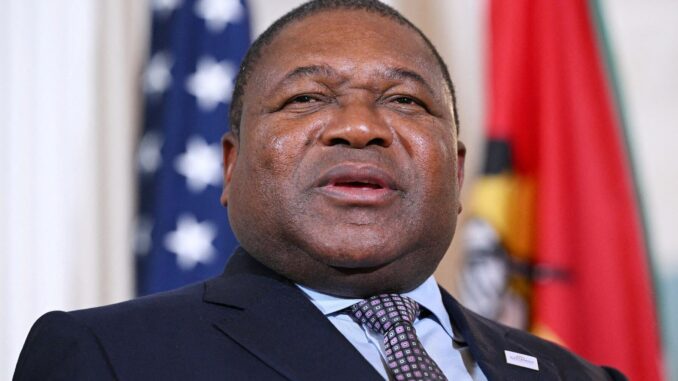
Mozambique’s upcoming presidential and legislative elections on October 9 are set against a backdrop of complex national challenges. The ruling Frelimo party, in power since independence in 1975, is expected to maintain its grip on leadership, with candidate Daniel Chapo poised to succeed President Filipe Nyusi.
A primary concern is the ongoing Islamist insurgency in the northern Cabo Delgado province, which has claimed thousands of lives and displaced hundreds of thousands since 2017. This conflict has disrupted multi-billion-dollar energy projects crucial to Mozambique’s economic future. The country is still grappling with the aftermath of a $1.5 billion “tuna bond” scandal, which damaged its international financial standing.
Additionally, Mozambique faces severe climate challenges, including droughts and cyclones that regularly devastate communities and infrastructure. The elections also take place against the backdrop of a fragile peace agreement between Frelimo and the opposition Renamo party, signed in 2019 to end years of intermittent conflict.
As Mozambique navigates these multifaceted challenges, the upcoming vote will be pivotal in determining the country’s path forward. The new government will need to address the insurgency, revive stalled gas projects, manage the debt crisis, and strengthen resilience to climate shocks, all while maintaining political stability in a nation with a history of civil conflict.
